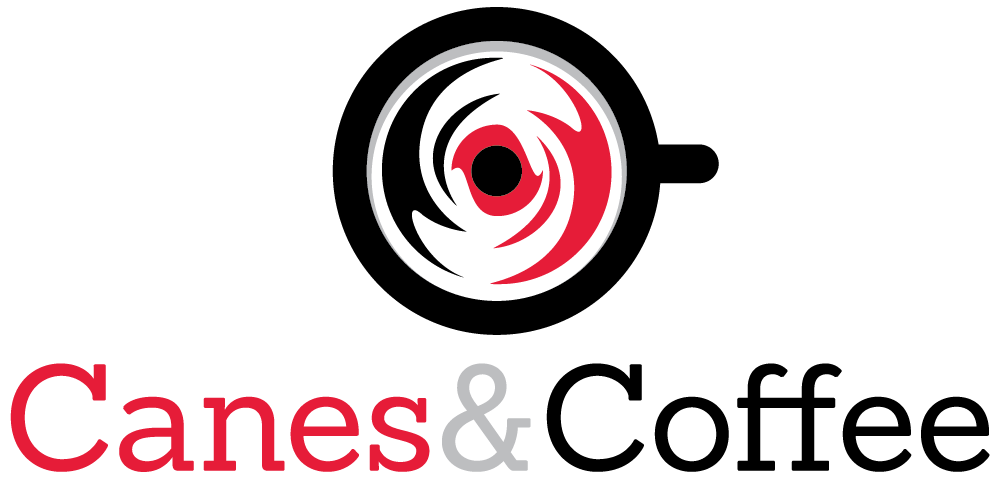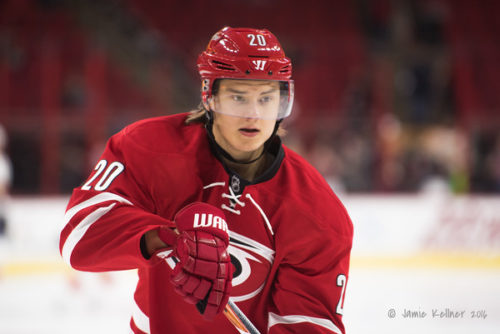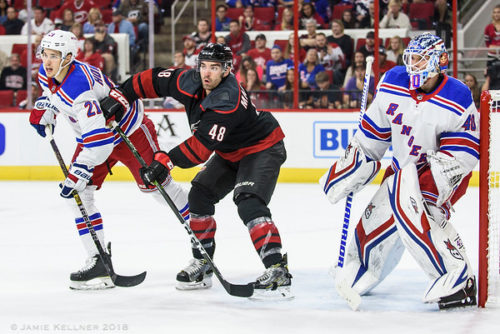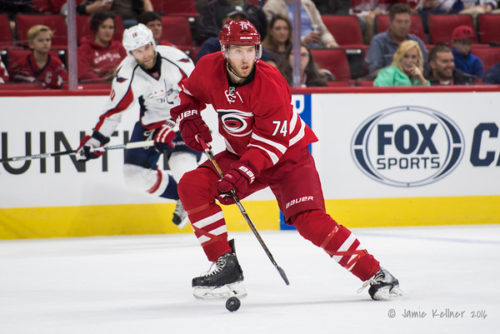Some dozens of years down the line when the Carolina Hurricanes hockey history and tradition have been built to a much greater extent, Kevin Dineen will be the answer to one, if not two, of common trivia questions – “Who was the team’s first captain?” and also “Who scored the Hurricanes’ first goal?” As Hartford Whaler regular for seven seasons from 1984-85 through 1990-91 and then returning for the 1995-96 season, Kevin Dineen helped build a bridge for the Whalers’ fans that wanted one.
He was a good first captain and also offered solid veteran support leadership when the C was passed to Keith Primeau after the 1997-98 season. Dineen was an old school type captain who had earned his level of leadership and respect from fellow players by playing the game the right way for many years. And in an era when fighting was a much bigger part of the game, he regularly stepped into that fray when it was the right thing to do regardless of the opponent’s size relative to Dineen’s modest 5-11, 190-pound frame.
Kevin Dineen’s scoring totals and longevity in a Hurricanes’ uniform are modest at two seasons, 121 games, 15 goals and 41 points, but he played an important role in getting the team off on the right foot in North Carolina. The task of leading and helping motivate a team under challenging circumstances the first few years should not be underestimated. The arrangements were not ideal for the temporary stay in Greensboro for the first two years. The players who lived in Raleigh had to make a one-hour trek to and from the arena for games which made for travel wear and tear even for home games. And the fan base that was primarily from the team’s eventual home in Raleigh, so the limbo year crowds in Greensboro were often sparse for the same travel reasons noted above. His on-ice leadership was his formal job, but his role in keeping the players heads down and playing hockey without grumbling also played a role in fans’ perception of this new breed of pro athlete now in town or at least on the way.
Kevin Dineen’s short stay in North Carolina saw him launch professional hockey in North Carolina and realize modest success when he was an alternate captain on the 1998-99 team that introduced NHL playoff hockey to North Carolina. For that early leadership, he deserves to be considered amongst the Canes greats.



